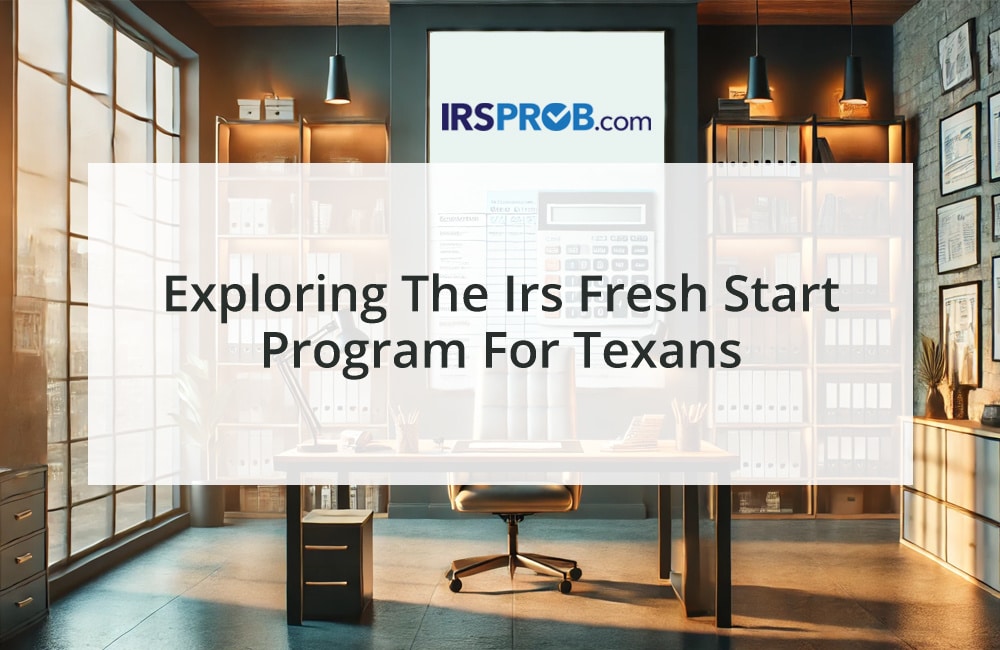As tax season comes to a close, many taxpayers can finally relax after filing their returns. However, some may realize they made errors or omissions that need correcting. If you find yourself in this situation, don’t panic – there are steps you can take to fix your mistakes and potentially avoid costly penalties.
Common Reasons to Amend a Tax Return
Taxpayers often need to file an amended return for reasons such as:
- Discovering they qualified for deductions or credits they initially overlooked
- Receiving revised documents from financial institutions with different numbers than originally reported
- Failing to report some taxable income, resulting in additional taxes owed
The IRS expects to receive over 4 million amended individual returns for the fiscal year ending September 30, 2023.
Filing an Amended Return
To correct your return, you’ll need to file Form 1040-X, the Amended U.S. Individual Income Tax Return. While the IRS does allow e-filing amended returns in some cases, you cannot e-file if your original return was filed on paper.Timing is crucial when amending. If you’re due a refund or credit, you must file Form 1040-X within:
- 3 years after filing your original return, or
- 2 years after paying the tax, whichever is later
However, there are exceptions for certain items like bad debts or worthless securities which allow a 7-year window.Processing times for amended returns can take over 20 weeks, depending on the complexity of your case. You can check the status using the “Where’s My Amended Return?” tool on IRS.gov.
Common Errors Requiring Amendments
Even diligent taxpayers may need to file an amended return for reasons like:
- Omitting income from multiple jobs or investments
- Receiving new tax documents after filing with different information
- Failing to claim eligible deductions or credits like the Earned Income Tax Credit
Other mistakes that may require amending include:
Rental Income Errors
Rental income is tax-free if you rented your home for 14 days or less. But if rented for 15+ days, all rental income must be reported.
Qualified Charitable Distributions
Ensure these are reported correctly to avoid unnecessary taxes.
Disaster Relief Claims
You can choose to claim eligible losses on the return for the disaster year or the previous tax year.
Energy Tax Credits
Recent law changes may make you eligible for credits on energy-efficient home upgrades you made.
When Not to Amend
In some cases, filing an amended return may not be advisable, such as if you face potential criminal liability for significant omissions or fabrications. It’s best to consult a tax professional or lawyer before proceeding.
Get Help from the Experts
At IRSProb.com, we’re committed to helping taxpayers navigate the complexities of tax laws and regulations. If you’ve made a mistake on your return, amending it may be the right solution. Our team of experienced tax professionals can guide you through the process and ensure you take the proper steps to stay compliant.Don’t let tax mistakes cause you sleepless nights. Contact us today to get started on amending your return the right way.









